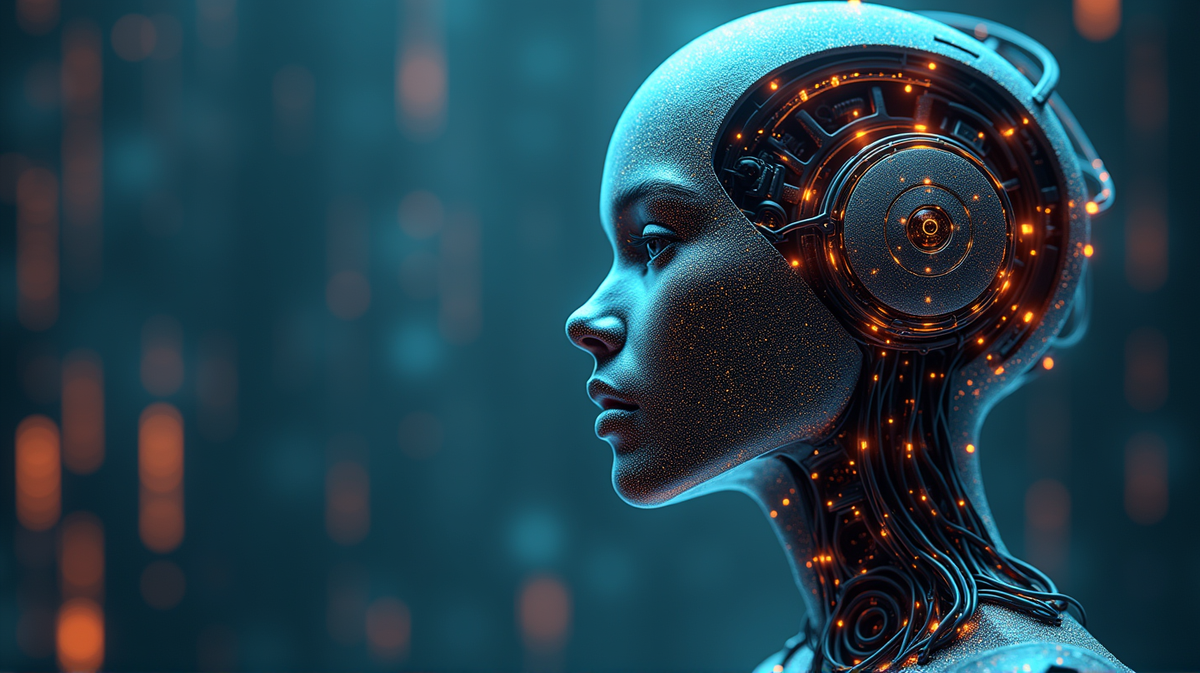Google DeepMind’s New Release Sparks Simulation Theory Debate
Explore how Google DeepMind's latest AI product fuels the discussion around living in a computer simulation.

In a world where artificial intelligence is rapidly becoming the norm, the question arises: Could we be living in a simulation? Recent developments by Google DeepMind may have rekindled this significant debate. Demis Hassabis, the CEO of Google DeepMind and a 2024 Nobel Prize winner, hinted at this possibility following the release of a groundbreaking AI product.
From Nature to Code
The spotlight is on Google DeepMind’s latest offering, the Gemini 2.5 Pro (I/O edition), a powerful tool capable of transforming images of everyday objects into codified simulations. A fascinating video showcased this capability, where an image of a tree was converted into a code-based representation - starting with its roots, then its trunk, and branching to leaves.
The Simulation Theory Resurgence
Hassabis’s intriguing comment on the platform X, “Nature to simulation at the press of a button, does make you wonder…”, suggests a deeper contemplation regarding natural processes. This aligns neatly with the simulation theory, which proposes that we might inhabit a computer-generated reality. As AI technology advances, this once-fanciful notion gains credibility. According to OfficeChai, ideas once confined to science fiction are now part of our technological dialogue.
Influential Endorsements
This isn’t the first endorsement the theory has received. Prominent figures like Elon Musk have posited that the probability of us living in a simulation is quite substantial. Similarly, Tim Sweeney of Epic Games argues that with AI’s growing capabilities, dismissing such ideas becomes increasingly challenging. The potential for AI to create worlds mimicking our own raises philosophical and existential questions.
Implications of AI’s Evolution
As Gemini continues to evolve, facilitating the creation of simulations from mere prompts, the implications of such technology stretch far and wide. From coding complex web apps to simulating intricate natural processes such as flames and spider webs, the boundaries of possibility are expanding.
A New Frontier?
As the line between simulated and reality blurs, humanity stands on the cusp of a new existential frontier. The question remains: If AI can mimic the complexities of the natural world, are we creators, or merely characters in an already-running simulation? As thought-leaders ponder this profound query, the conversation continues to unfold across tech hubs worldwide.
The debate on simulation theory is not just a philosophical exercise but a tangible discussion being shaped by groundbreaking advancements. As technologies like Gemini unlock new realms of possibility, who knows where reality ends and simulation begins?





